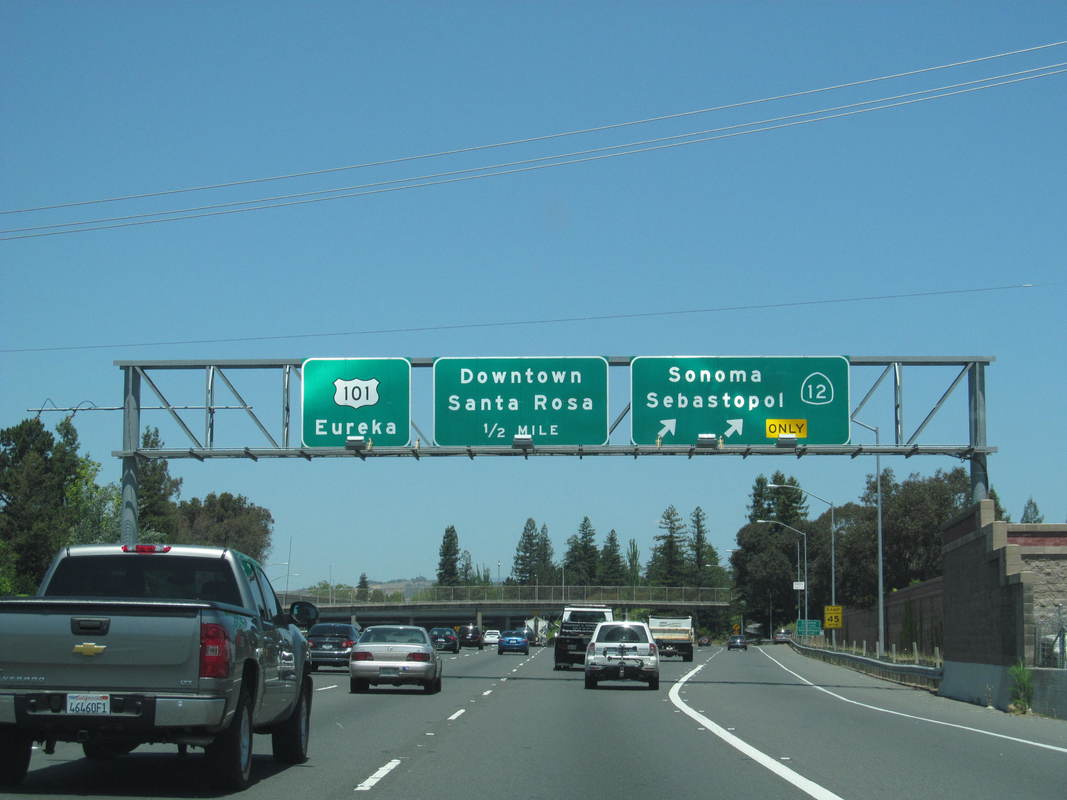California now allows diversion for military veterans suffering from PTSD in misdemeanor DUI CASES8/9/2017
On August 7, 2017 Governor Jerry Brown signed a bill that will now allow military veterans suffering from post-traumatic stress disorder (PTSD) and other mental health disorders associated with their service in the military to apply for pretrial diversion programs if the veteran is charged with a misdemeanor DUI.[1] Previously, it had been unclear whether diversion programs applied to DUI cases as there had been conflicting language in several California laws[2], and appellate court interpretations of those laws differed. This left active duty military members open to the possibility that even one non-injury DUI offense could ruin their careers.
This is an important change in current California law that is expected to have wide-sweeping effects on the lives of those in the veteran community as it is estimated that “at least 1/3 of all persons who seek military diversion are charged with DUI-related violations,” and “DUI’s make up the most common offenses committed by veterans with mental health conditions.”[3] Passage of this bill will “ultimately help protect public safety and help prevent repeat DUIs, while giving these veterans a more hopeful future,” Senator Hannah-Beth Jackson (D-Santa Barbara,) author of the bill, and a long-time advocate for veterans, opines. “This bill will not only clarify once and for all that these veterans are eligible for pretrial diversion programs, it will also ensure that veterans and service members who have served our country will get the help they need to address substance abuse and mental health issues,” in part by allowing veterans access to treatment options sooner and more effectively. The pretrial diversion programs relevant here help to connect military veterans with treatment providers and support systems, allowing the veterans to assess, cope with and manage trauma the veteran may have experienced while serving our country. Such diversion programs are widely supported, as people who receive appropriate treatment for the issues that often underlie substance abuse issues often do not become recidivists. While the veteran is successfully complying with the terms of the diversion program—during which time the veteran is monitored by a judge, often for between twelve and eighteen months—criminal proceedings are suspended and, upon completion of the program, the criminal charges will be dismissed. Perhaps even more importantly, the arrest upon which the diversion was based will be deemed never to have occurred. Further, successful completion of the program allows the veteran to “indicate in response to any question concerning his or her prior record that he or she was not arrested or diverted for the offense, except in response to a direct question in a questionnaire or application for a peace officer position.”[4] “This law serves the dual purpose of restoring veterans to health while protecting public safety,” explained Jude Litzenberger, the executive director for the California Veterans Legal Task Force. “When service members or veterans with PTSD, traumatic brain injury, military sexual trauma, substance use, or other mental health conditions caused by their military service get DUI misdemeanors because they self-medicated instead of seeking mental health treatment, they will be ordered to get appropriate and timely treatment.” [1] At this time, only misdemeanor-level DUIs are covered by the change in the law, and it is important to note that the veteran still is subject to having the DMV suspend their driver’s license. [2] While the CA Penal Code seemed to established criteria for these veterans to qualify for diversion programs generally, language in the Vehicle Code prohibited diversion in DUI cases. [3] Report on Military Diversion Program, PC1001.80, of the Superior Court of California, County of San Diego January 1, 2015-December 31, 2016. [4] SENATE PUBLIC SAFETY COMMITTEE, Senate Floor Analysis, July 19, 2017. 7/21/2018 08:19:29 pm
I am not really knowledgeable with cases like this most especially the disorders that you have just mentioned but one thing is for sure, this program will help a lot of military veterans. Their conditions are not a joke. It is a serious condition that needs to be prioritized since it has something to do with mental aspects. And given the fact that these people have done one of the noblest acts that we can ever imagine, they should be treated the way they deserve to be treated. They have served the country and its people so we should take good care of them too. In line with this, I must say, California has done a good thing.
Roberta Lee
3/26/2021 01:03:36 pm
I am a veteran who was victimized by another veteran in the Military Diversion program in Sonoma County CA. I believe that this program is a waste of monetary and court resources. I did peer counseling with the veteran and most are scam artists and do not deserve the benefit of having their cases dismissed. Comments are closed.
|
AuthorDevina strives to make information relevant to the lives of her clients easily accessible. Archives
July 2024
Categories
All
|
Proudly serving Sonoma, Marin, Napa, Mendocino and Lake Counties (and occasionally venturing as far as Yolo, Santa Clara and San Mateo Counties).
Proudly powered by Weebly
This website is for informational purposes only and does not provide legal advice. Do not act or refrain from acting based on anything you read on this site. Using this site or communicating with the Law Office of Devina Douglas through this site does not form an attorney/client relationship. This site is legal advertising. Please review the full disclaimer for more information. (LINK TO FULL DISCLAIMER PAGE)

 RSS Feed
RSS Feed




